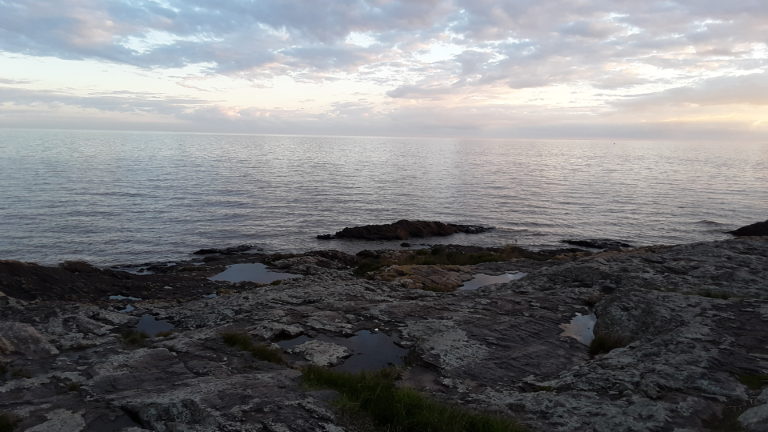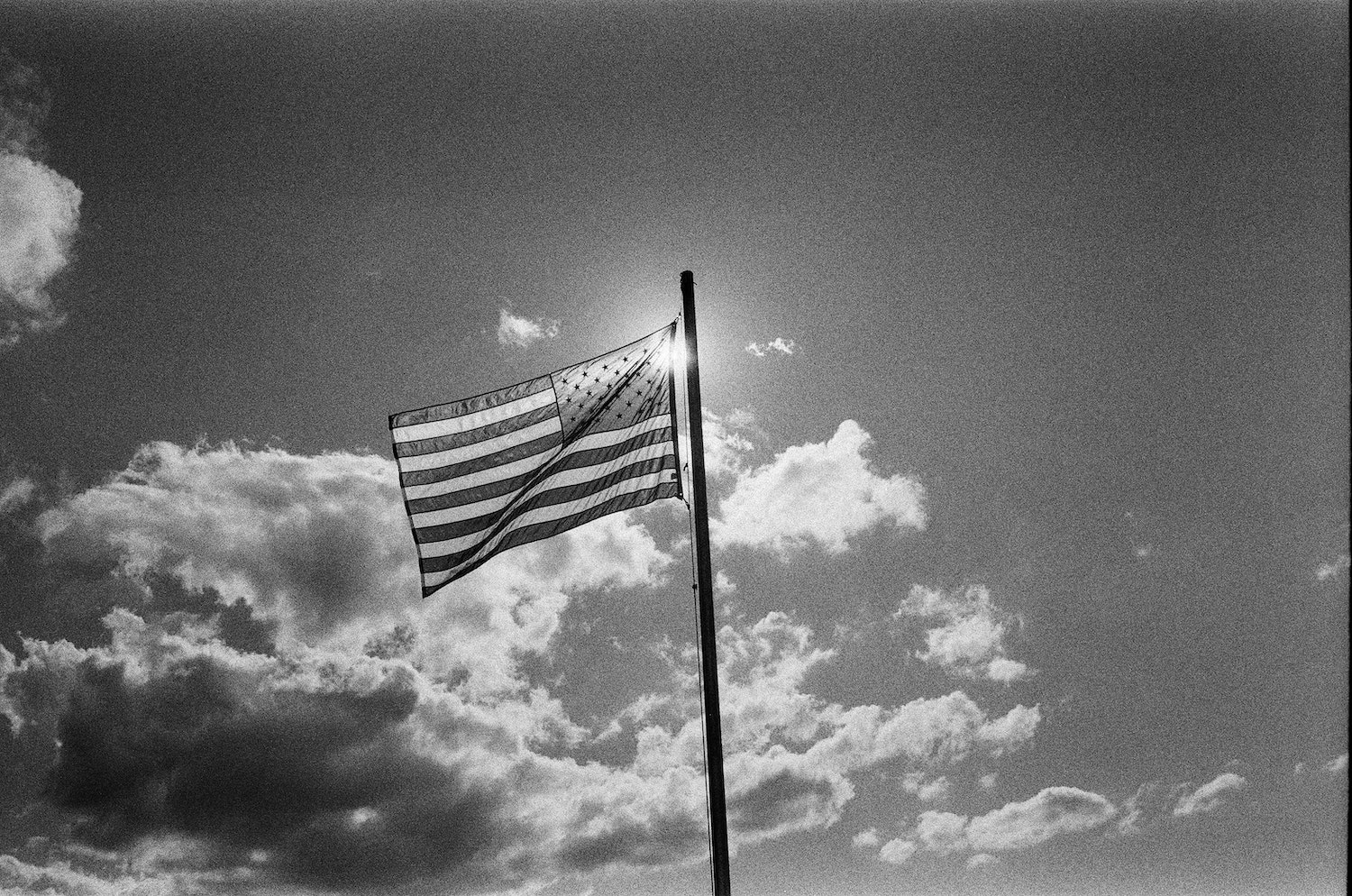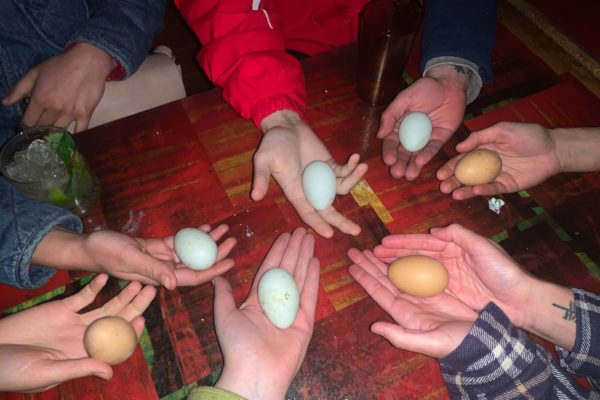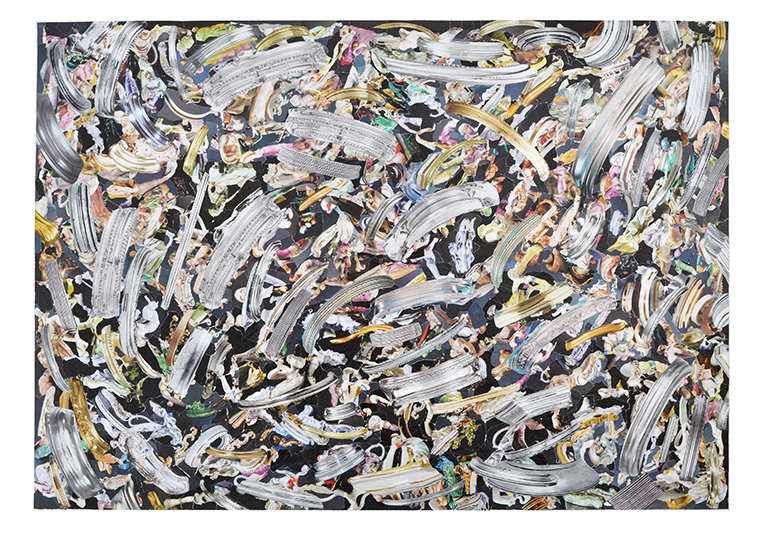In one of my favorite memoirs, Close to the Knives: A Memoir of Disintegration, David Wojnarowicz writes, “To make the private into something public is an action that has terrific repercussions in the preinvented world.” For Wojnarowicz, the “preinvented world” is the regulatory structure we are all born into, one that demands conformity and that is inimical to the expression and desires of people who exist outside its self-justificatory narratives. As a gay man who lived and created at the height of the AIDS epidemic, a moment when the government’s disregard for historically marginalized people became painfully apparent, Wojnarowicz was acutely aware of art’s potential to publicize narratives that the preinvented world wished to remain private. By working in any medium that facilitated his expression—sculpture, painting, writing, spoken word, music, among others—Wojnarowicz transformed every tender creation into an act of resistance, proving that private experience can make terrific noise in a world that insists upon silence.
In “HISTORY KEEPS ME AWAKE SOME NIGHTS,” a poem originally published in the fifty-sixth issue of Columbia Journal, Wojnarowicz powerfully deploys personal narrative as a corrective to the hegemony that “time and history,” tools of the preinvented world, hold over experience. Although the poem’s action is set against “cold oceans” where “the world is so terrible and sad,” and where we “come out of our mothers [sic] bellies to find ourselves at the end of ropes,” its two primary figures have a “burning hunger for life not death.” Knowing that to be remembered by time and history is to essentially be forgotten, the men “fuck constantly” to remember themselves and “invent small fictions of loving” to stay alive in a world where to be born is to be immediately at the “end of [one’s rope].” Ever conscious of the artifice of his work, Wojnarowicz, who never consigned himself to a single medium, utilizes photographic imagery, narrative, and the aesthetic of a type-written letter (replete with a blotted character) to emphasize the created-ness of his poem, a reminder that artworks are vehicles of human life, not the headstones of convention.
One of the many quotes that I have Sharpied on my desk comes from the twenty-sixth page of Close to the Knives: “I fill the gullies with small but heated fictions.” As we continue to write in the digital age where history, politics, and culture can have an overwhelming presence, it’s always helpful to recite this quote: to remember that fiction is transformative and life-giving, and to be mindful that, in the creation of any system, there will be nooks, crannies, and gullies in which we have the necessary space to realize ourselves and express the desires of forgotten lives.
HISTORY KEEPS ME AWAKE SOME NIGHTS
David Wojnarowicz
On the floor of the unused room
there's a scattering of photographs
of both of us walking in the sands
of a weekends wintered beach
through the light of late skies
wanting time and history to forget us
though we have such fears of not existing
we fuck constantly so as not to forget ourselves
this burning hunger for life not death
close up the world is so terrible and sad
that we invent small fictions of loving
on the edges of those cold oceans
while the cities lose themselves in evening
and stray dogs patrol forgotten streets
we have come out of our mothers bellies
to find ourselves at the end of ropes
strange how this sleep overtakes us
how we move sideways as our love dies
how you were once some guy
who knew neither my present or my past
whose eyes and hands worked in silence
as you turned me over and over
in the dim light of dusk
removing articles of clothing
watch these wet bodies on the sheets
watch how they slowly become history




